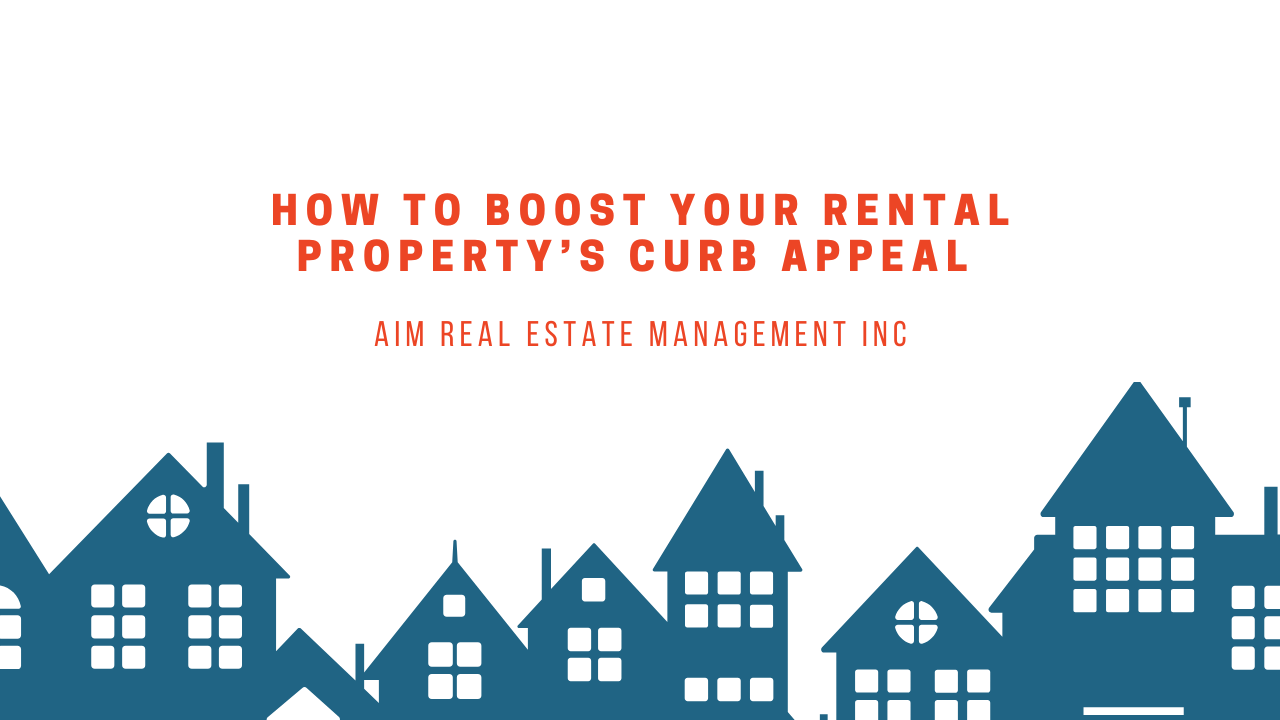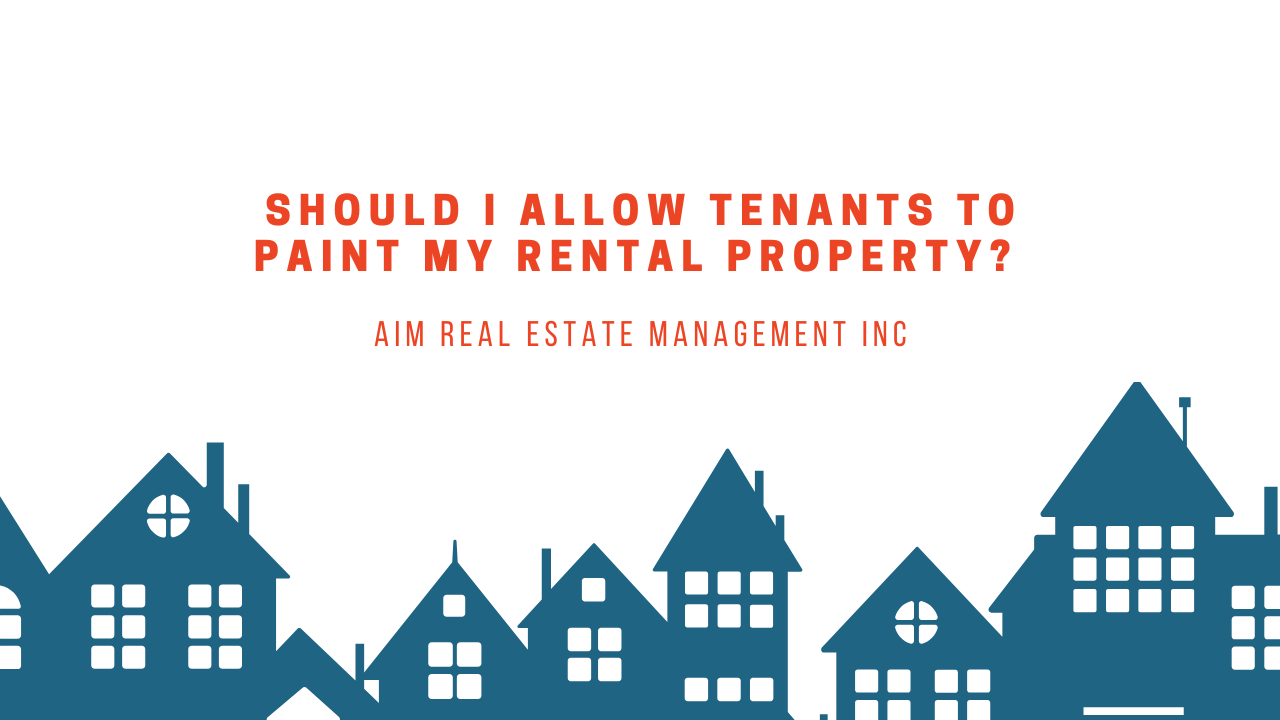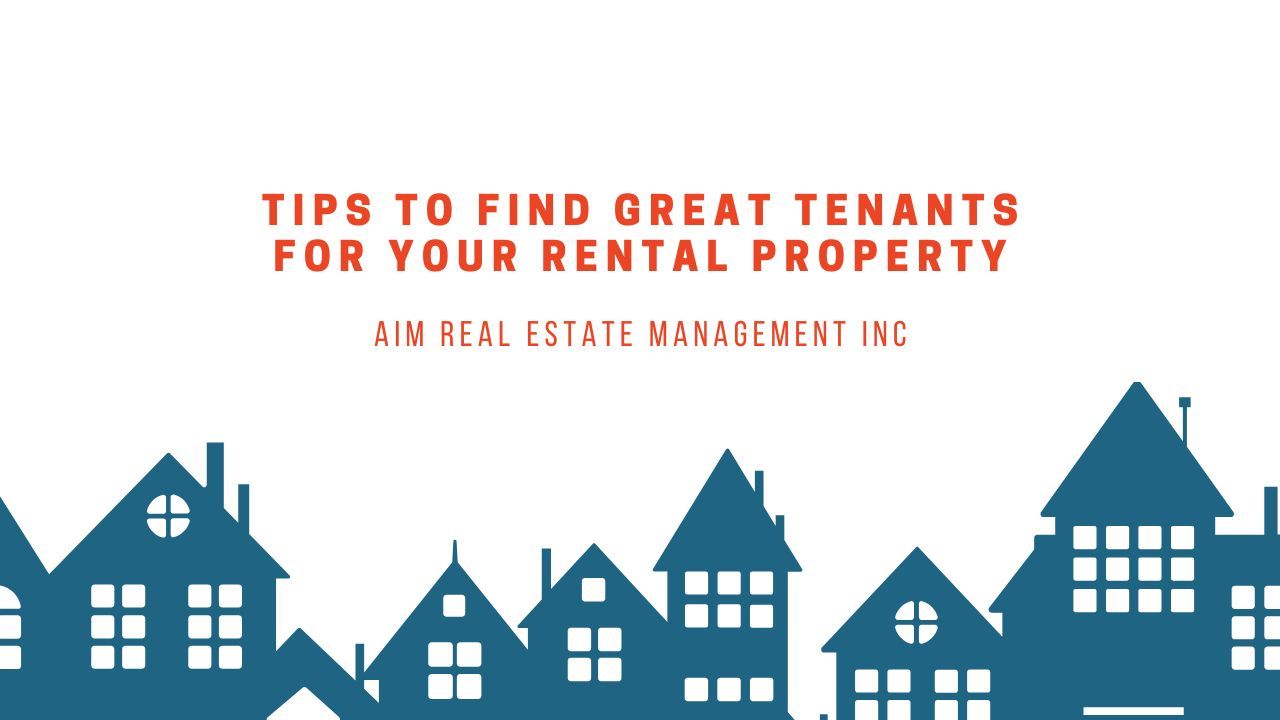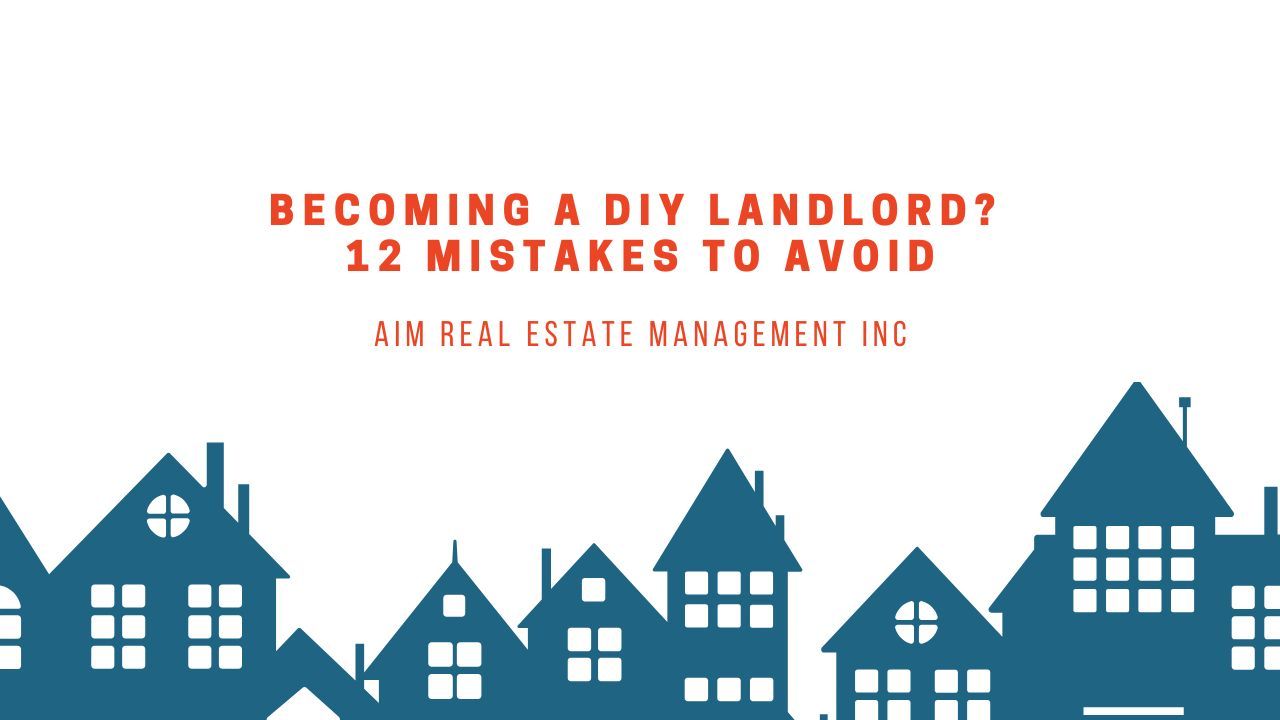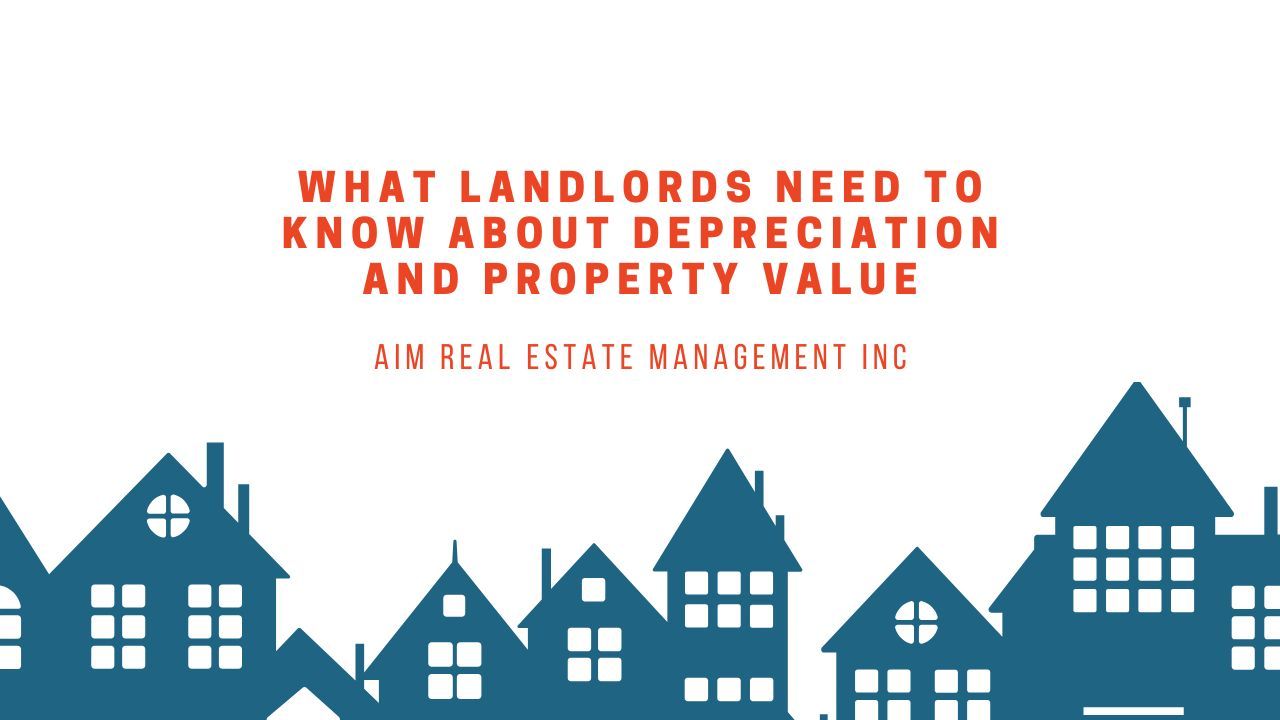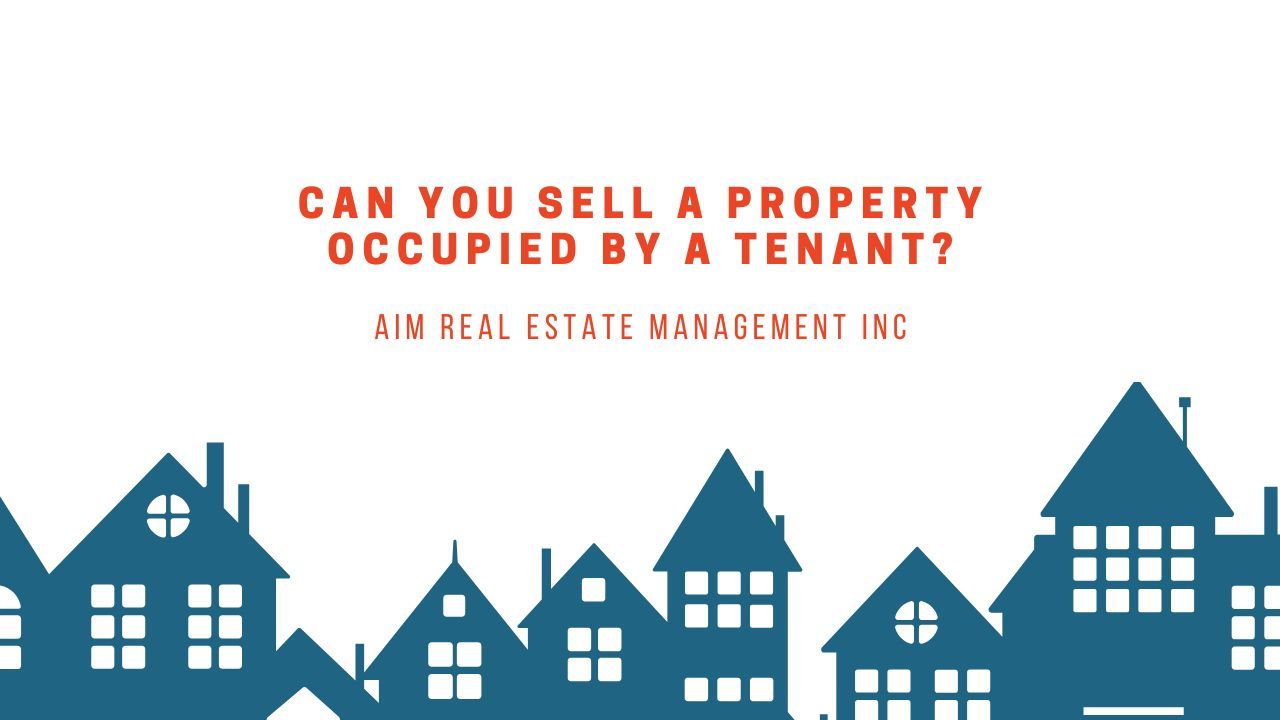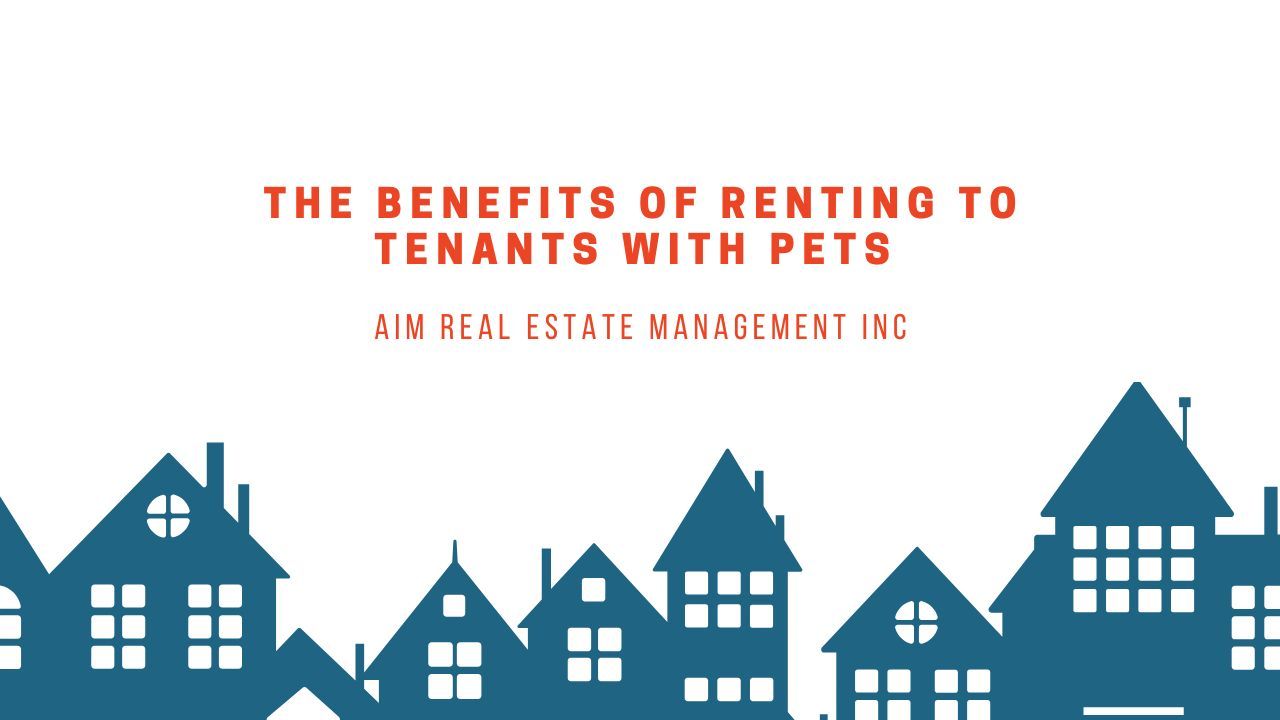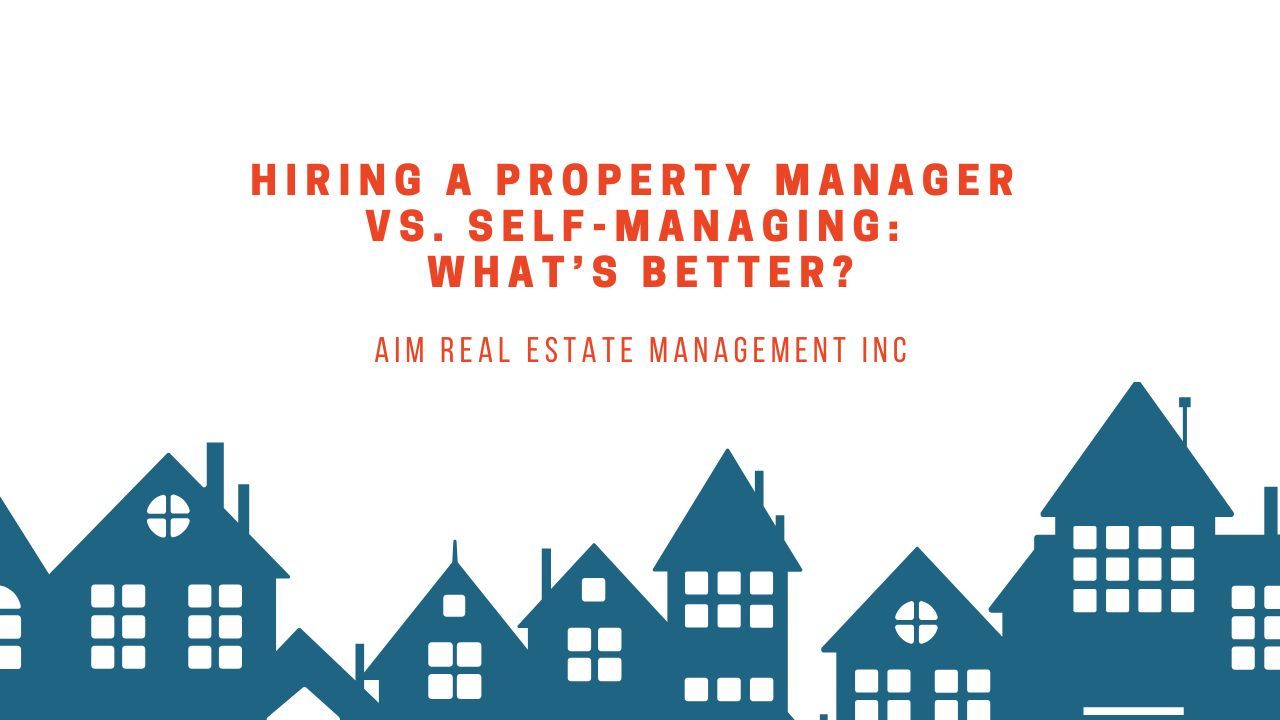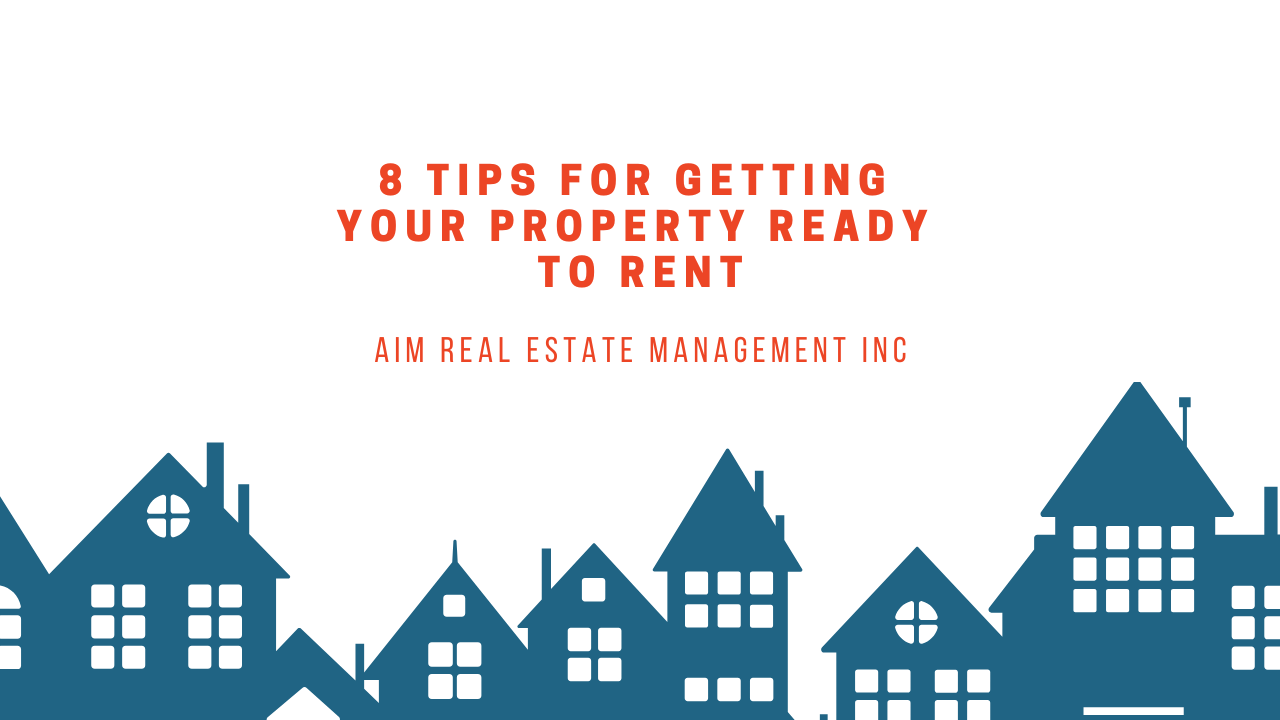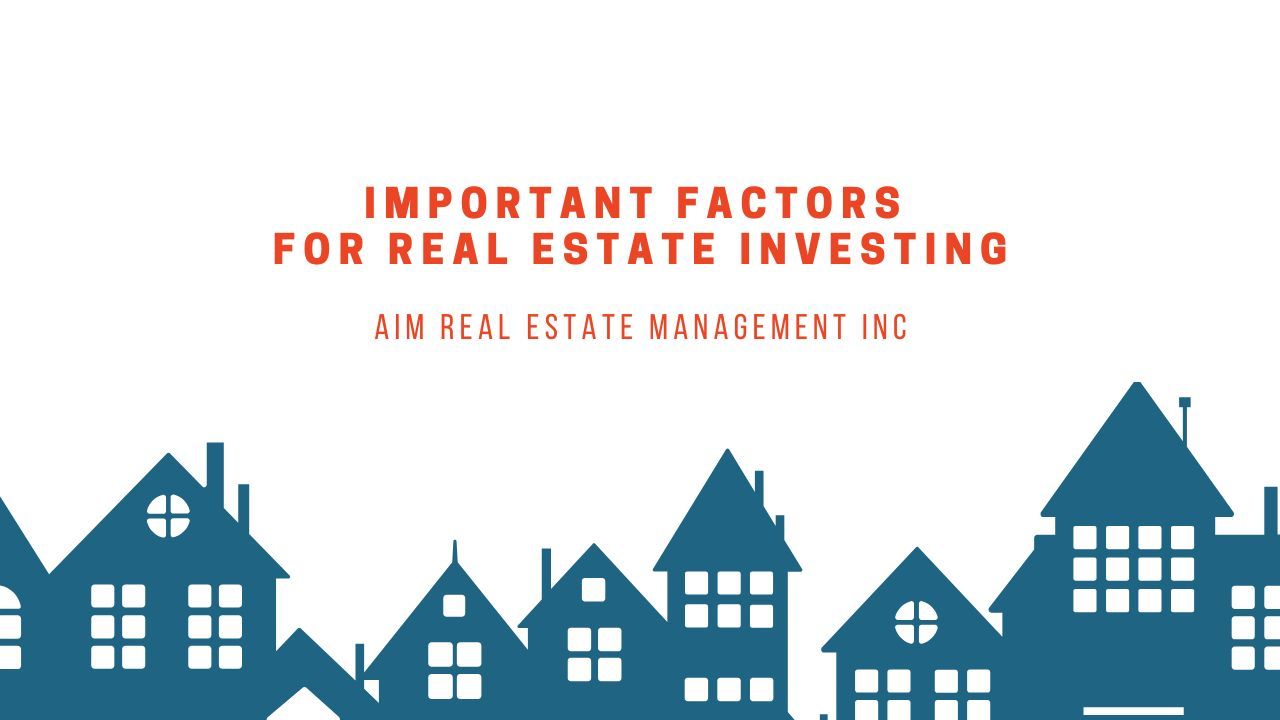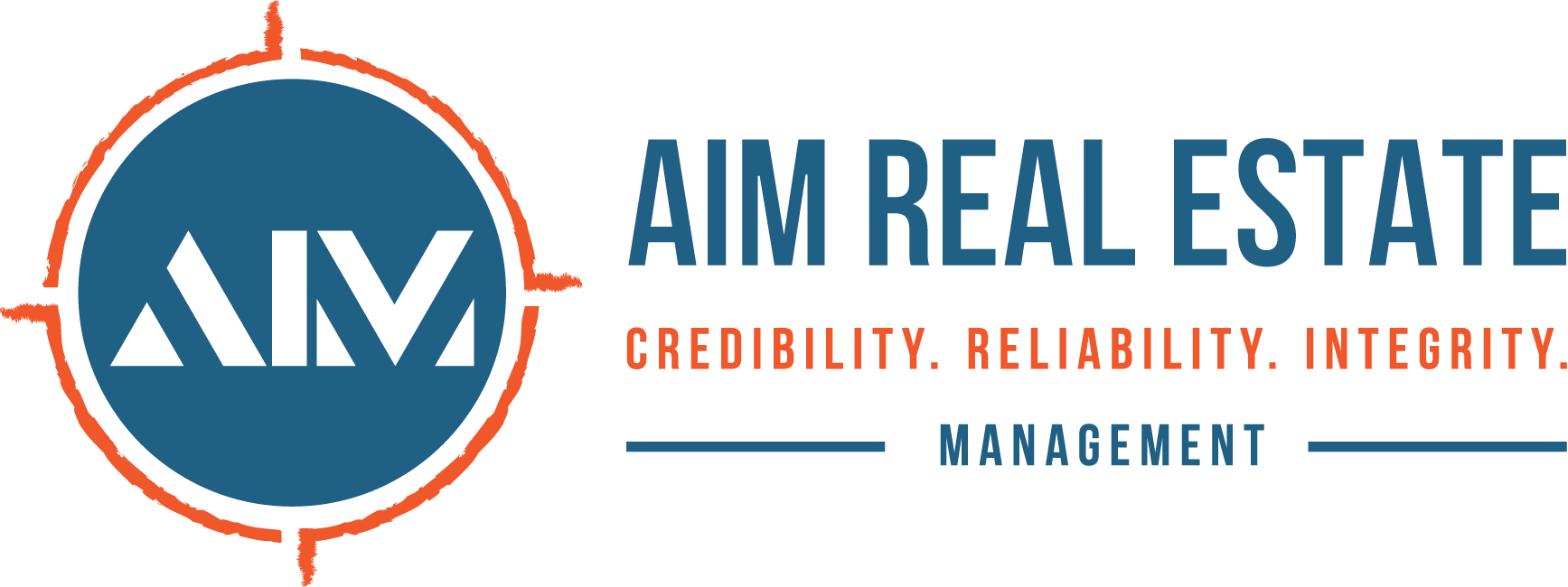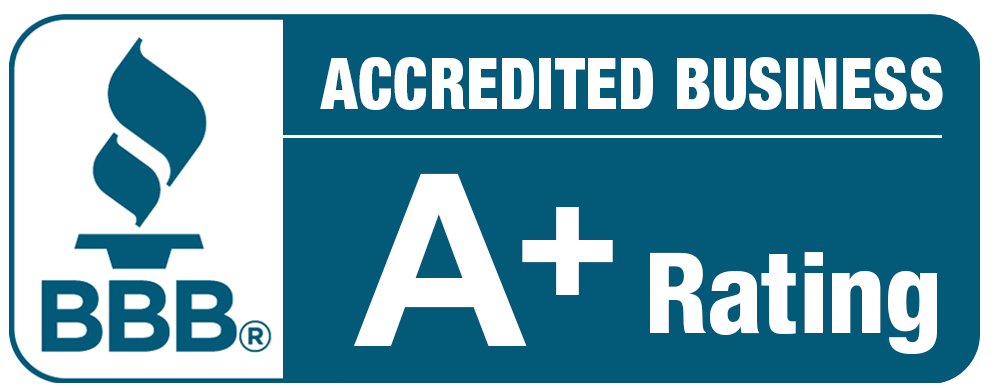Understanding Cash Flow: How to Keep Your Rental Business Profitable
There are many metrics used to calculate the profitability of a rental investment. One of them is cash flow. For investors, this metric serves as a tangible indicator of a property's financial performance, representing the income generated after accounting for all expenses.
A positive cash flow is often a sign of financial stability. On the contrary, negative cash flow can signal a poor investment.
Understanding cash flow and its impact is essential for investors aiming to maximize returns and achieve long-term success in the competitive real estate market. In this comprehensive guide, the team at AIM Real Estate Management will tell you everything you should about cash flow. Let’s dive in!
What Is Cash Flow?
In the context of real estate, cash flow refers to the net income generated by a rental property after deducting all operating expenses, debt service, and other associated costs from rental income.
It is a direct measure of profitability and is often used to evaluate the viability of an investment. After all, a consistent positive cash flow is crucial for sustaining operations, covering unexpected expenses, and building wealth over time.
How to Calculate the Cash Flow of a Rental Property
Calculating cash flow requires a clear understanding of both income and expenses. The formula is straightforward: Cash Flow = Gross Rental Income - Total Expenses
Gross rental income refers to the total income generated from tenants, including rent, parking fees, and other additional charges.
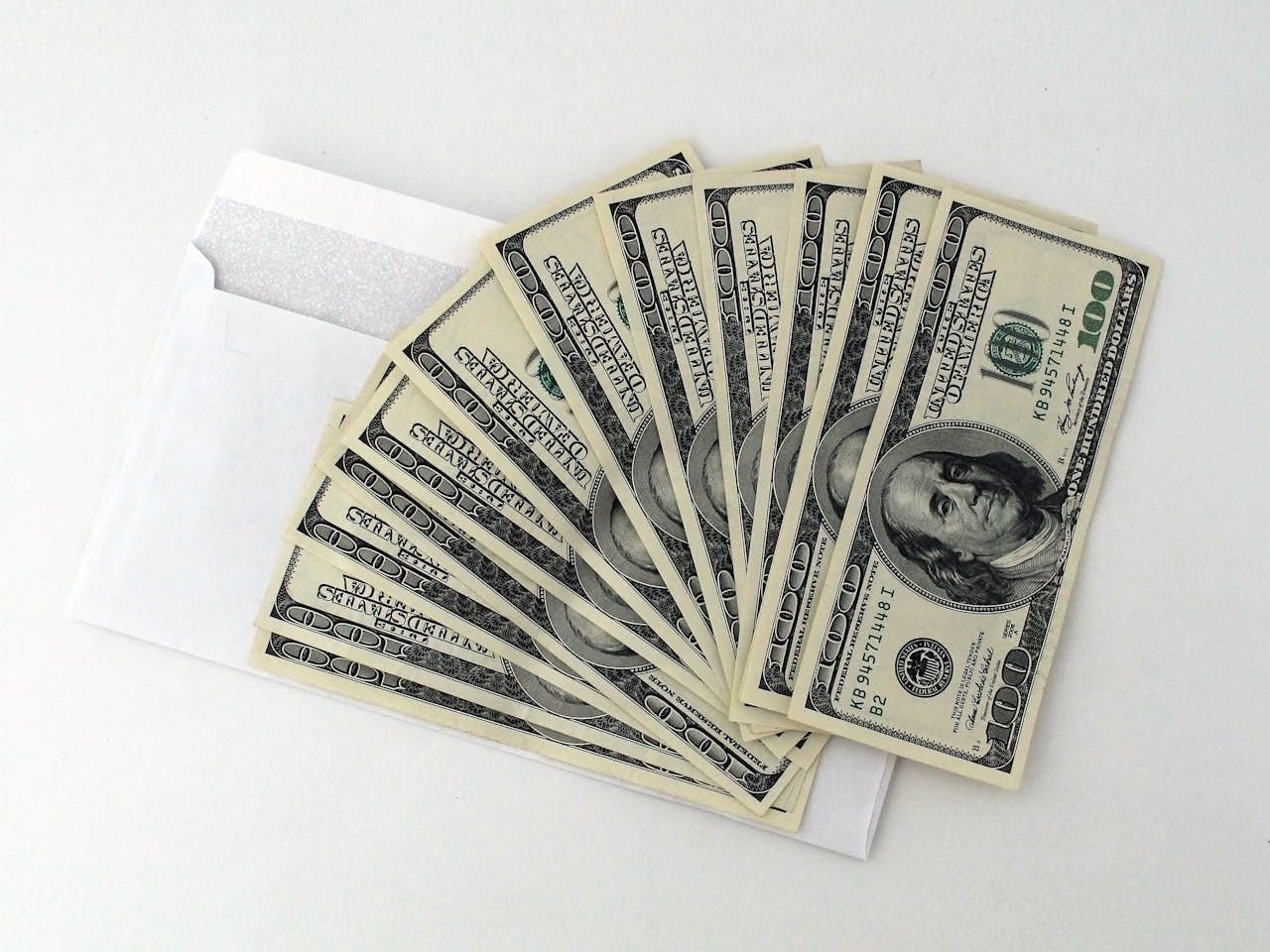
On the other hand, the total expenses include all costs associated with owning and operating the property, such as the following:
- Mortgage Payments: Principal and interest payments on a property loan are often the biggest expense landlords have. As interest rates rise, variable-rate loans may fluctuate, considerably affecting your cash flow.
- Property Taxes: Tax rates vary by location and can significantly impact cash flow. That’s why you should research local tax laws and account for potential increases as the years go by.
- Insurance: Property insurance is essential for protecting your investments. Insurance premiums add considerably to operating costs. Shopping for competitive rates can help manage this expense.
- Repairs and Maintenance: Routine upkeep, such as fixing plumbing issues, painting the wall, landscaping, or replacing appliances, is unavoidable and can quickly add up to your expenses. Moreover, unexpected repairs can further strain cash flow, emphasizing the need for a contingency fund.
- Vacancy Periods: A vacant rental property generates no income while still incurring multiple expenses, such as cleaning, maintenance, and marketing. Budgeting for potential vacancies is vital for maintaining positive cash flow.
- Property Management Fees: Hiring a property manager simplifies operations and reduces your stress, but comes at a cost. Fees can range anywhere from 8% to 12% of monthly rental income.
- Utilities: If utilities are included in the rent, fluctuations in utility costs can significantly impact profitability. Energy-efficient upgrades, such as light-saving light bulbs, proper insulation, and energy-saving appliances, may help reduce these expenses considerably.
- Legal and Administrative Costs: Getting help from a legal professional for lease preparation, evictions, and legal consultations can streamline the leasing process, but can also affect your cash flow.

By subtracting your total expenses from your gross rental income, you can determine your rental property’s cash flow. If your income exceeds your expenses, that means that your investment is generating sustainable profits. On the other hand, if the expenses surpass your earnings, it’s a sign that your property is not profitable and you’re losing money every month.
What Is a Good Cash Flow?
A consistent positive cash flow is crucial for sustaining the operations of a rental property, covering unexpected expenses, and building wealth over time. A “good” cash flow depends on individual goals, current market conditions, and long-term investment strategy.
Here are some general benchmarks that can serve as a guide:
- Set Amount: A positive cash flow of $100 to $300 per month per unit is often considered solid for smaller residential properties. It’s important to remember that the income of a rental property will greatly depend on its location, property type, price, amenities, and condition, among other factors.
- Cash-on-Cash Return: This metric compares annual pre-tax cash flow to the total cash invested. A return of 8% to 12% is typically regarded as good in real estate.
- Market Comparisons: A property's cash flow should align with or exceed market averages. You should research local rental rates and costs for a realistic benchmark of how much income your property should be generating.
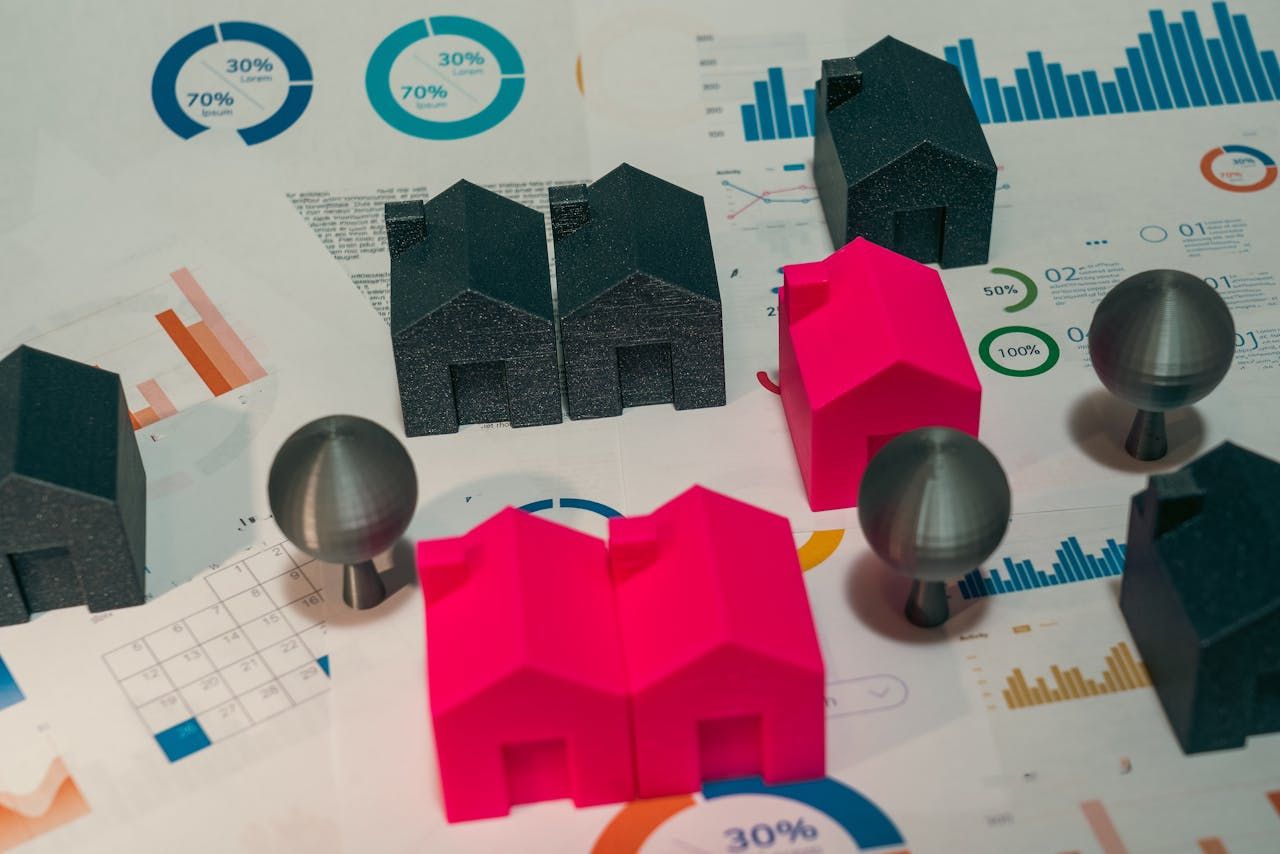
How to Maintain a Good Cash Flow
Maintaining positive cash flow requires proactive management and strategic decision-making. Here are some practical tips to help you ensure your rental property remains profitable over time:
Set Competitive Rental Rates
Your pricing strategy plays a crucial role in the profitability of your rental property. Charging too little leaves money on the table, while excessive rates may drive prospective tenants away and lead to longer vacancies. You can ensure your rental rates remain competitive by regularly reviewing market trends and browsing online rental listings.
Minimize Vacancy Periods
The longer a property is vacant, the more its cash flow will be negatively affected. If you want your property to remain profitable, then you must work towards minimizing vacancy periods. Actively market the property when leases are about to end, and build strong relationships with tenants to encourage lease renewals.
Add Revenue Streams
Consider offering additional services, such as laundry facilities, storage units, or parking spaces to boost your rental income.
Control Operating Costs
Property upkeep and operating expenses can quickly add up. You can reduce these costs by scheduling regular maintenance and inspections to prevent costly repairs, shopping around for more favorable rates for insurance and contractor services, and setting a strict budget for any additional expenses.
Screen Tenants Thoroughly
Reliable tenants who pay rent on time and care for your property are key to maintaining a good cash flow. Conducting background checks and verifying income and rental history during the screening process will ensure only quality tenants occupy your property.
Refinance Your Mortgage
If interest rates drop, refinancing your mortgage can lower the monthly payments, significantly improving your cash flow.
Keep Accurate Financial Records
Tracking income and expenses meticulously is a must. Not only does it help you assess the profitability of your investment, but it allows you to identify trends and areas for improvement.
Bottom Line
Cash flow is a crucial metric for real estate investors. By understanding how to calculate cash flow, managing the expenses that affect it, and taking proactive steps to maintain it, you can ensure the long-term profitability and success of your investment! If you need help calculating the cash flow of your rental property, contact AIM Real Estate Management!
